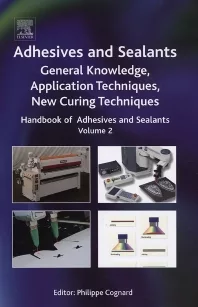ACC Keynote Speaker Encourages Scientists to Get Out of Their Comfort Zones
Dr. Sharon Feng, Senior Associate Dean of the Institute for Molecular Engineering at The University of Chicago, was the Keynote Speaker at the opening session of the American Coatings Conference on Monday. Dr. Feng’s presentation was titled Interdisciplinary Approach: An Imperative for New Material Discovery. Although an old topic, Dr. Feng noted that cross-disciplinary collaboration is still a very hot topic, and one that can be successful at impacting material discovery.
According to Dr. Feng, the large movement toward cross-disciplinary collaboration in scientific research transcends the boundaries of organizations, institutions and even nations. There are also increasing funding sources that specifically encourage interdisciplinary collaboration from both government agencies and private philanthropies.
According to Dr. Feng, the report card on the interdisciplinary approach is mixed. Some areas of global research are finding great success, while others are not. Challenges are both personal and institutional. On the personal side, people from diverse disciplines often find a lack of understanding with jargon and technologies, and also encounter bias and professional arrogance. Institutionally, most universities are organized by departments and disciplines, and are not interconnected. When department and faculty crossover is attempted, it is often confusing and difficult to organize.
The University of Chicago’s Institute for Molecular Engineering has a unique organizational structure. It institutionalizes the concept of cross-disciplinary collaboration by completely breaking down traditional departmental structures based on disciplines, organizing faculty and aiming at some of the most ambitious discoveries of the next generation of material science.
Dr. Feng gave numerous examples of how interdisciplinary research and collaboration have affected material discovery. The development of mega computers, new computer programs and cloud-based data collection in the past decade have changed the way material research happens at her institute. Virtual experiments are first conducted to determine how things are predicted to happen. Many formulas or variables can then be eliminated, and actual scientific experiments are then conducted to collect real data. As a result, the cost and time frame to new material discovery is greatly reduced.
In her conclusion, Dr. Feng encouraged attendees to get out of their comfort zones and try something new, and to leverage academic resources. The outcome can be incredibly rewarding and lead to the development of game-changing and/or disruptive technologies.
Looking for a reprint of this article?
From high-res PDFs to custom plaques, order your copy today!




